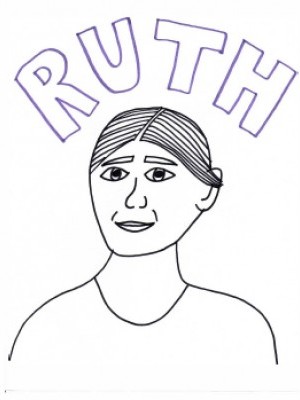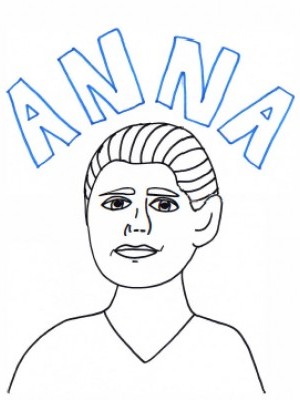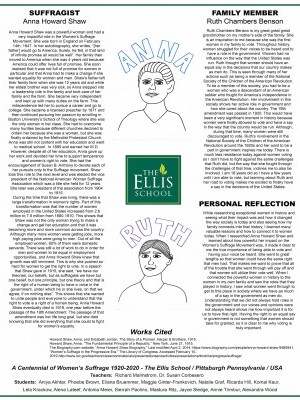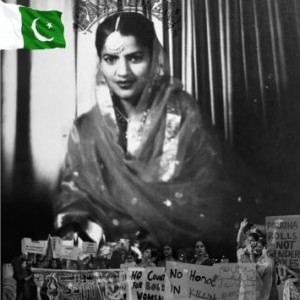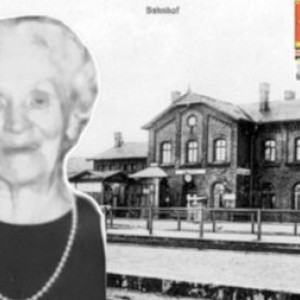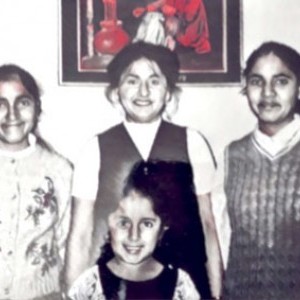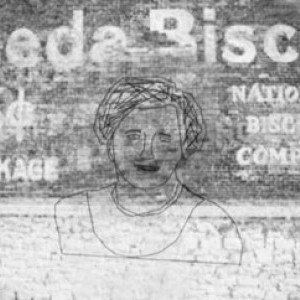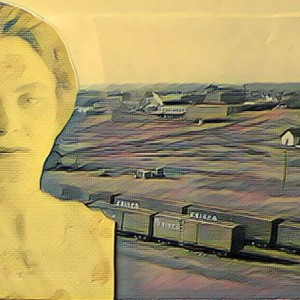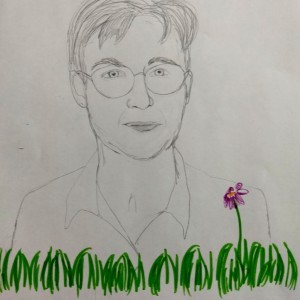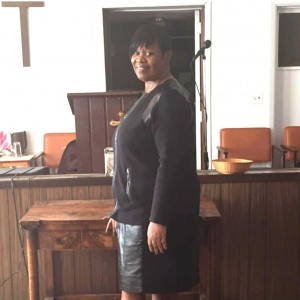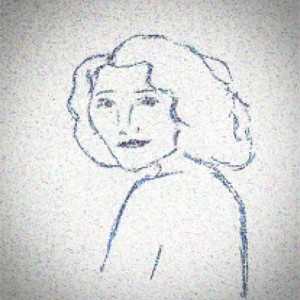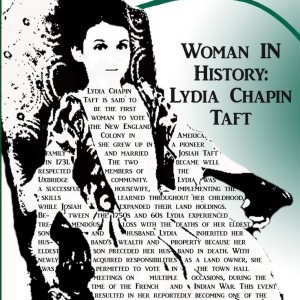Annie Trimbur
The Ellis School | Pittsburgh, PA | 11th Grade
Inspirational Family Member
My Great-Great-Great-Grandmother
Ruth Chambers Benson is my great-great-great-grandmother on my mother’s side of the family. She is an inspiration to me because she was the first woman in my family to vote. Throughout history, women struggled for their voices to be heard and to have a role in the government. Women had no influence on the way that the United States was run. Ruth thought that women should have an equal say in the decisions that our country makes, as men do. This is seen through many of her actions such as being a member of the National Society of the Children of the American Revolution. To be a member of this society, you had to be a woman who was a descendant of an American soldier who fought for America’s independence in the American Revolution. Her involvement in this society shows her active role in government and how she cared about the country. The 19th amendment was passed in 1920. This would have been a very significant moment in history because women were finally allowed to vote and have a say in the way that the country would be run. Although, during that time, many women were still discouraged to vote. Ruth’s involvement in the National Society of the Children of the American Revolution around the 1920s and her want to be a part in government inspires me today. There is much less resistance today against women voting so I don’t have to fight against the same challenges that Ruth did, but the way that she fought through the challenges of that time, inclines me to also be involved. I am 16 years old so I have a few years until I am able to vote, but learning about Ruth and her road to voting makes me excited to finally have a say in the decisions of the United States.
Historical Figure I Admire
Anna Howard Shaw
Anna Howard Shaw was a powerful woman and had a very impactful role in the Women’s Suffrage Movement. She was born in England on February 14th, 1847. In her autobiography, she writes, “[her father] would go to America. Surely, he felt, in that land of infinite promise all would be well”.1 Her family then moved to America when she was 4 years old because America could offer lives full of promise. She soon realized that it was not full of promise for women in particular and that Anna had to make a change if she wanted equality for women and men. Shaw’s father left their family farm when she was 12 years old and while her eldest brother was very sick, so Anna stepped into a leadership role in the family and took care of her family and the farm. She became very independent and kept up with many duties on the farm. This independence led her to pursue a career and go to college. She became a licensed preacher by 1871 and then continued pursuing her passion by enrolling in Boston University’s School of Theology where she was the only woman in her class. She had to overcome many hurdles because different churches declined to ordain her because she was a woman, but she was finally ordained by the Methodist Protestant Church. Anna was still not content with her education and went to medical school and in 1885 she earned her M.D. However, despite all of her education, Anna gave up her work and devoted her time to support temperance and women’s right to vote. She had the encouragement of Susan B. Anthony to devote each of her pursuits only to the Suffrage movement. Shaw took this role to the next level and was elected the vice president of the National American Woman Suffrage Association which was a title she held for 12 years. She later was president of the association from 1904 to 1915.2
During the time that Shaw was living, there was a large transformation in woman’s rights. Part of this transformation was that the number of women employed in the United States increased from 2.6 million to 7.8 million from 1880-1910.3; This shows that Shaw was not the only woman trying to make a change and get her education and that it was becoming more and more common across the country. Although many more women were getting jobs, more high paying jobs were going to men. Out of all the employed women, 60% of them were domestic servants.4 There was still a lot of work to do in order for men and women to be equal in employment opportunities, and Anna Howard Shaw knew that growth was still imminent. This is why she pushed so hard for women to get the right to vote. In a speech that Shaw gave in 1915, she said, “we have our theories, our beliefs, but as suffragists we have but one belief, but one principle, but one theory and that is the right of a human being to have a voice in the government, under which he or she lives, on that we agree, if on nothing else”.5 This shows that she wanted to unite people and everyone to understand that the right to vote is a right of a human being. Anna Howard Shaw eventually died in 1919, one year before the passage of the 19th Amendment. The passage of that amendment was her life long goal, but she died knowing that she did everything that she could to fight for women’s equality.
SOURCES +
What the Project Means to Me
While researching exceptional women in history and seeing what their impact was and how it changed the way society is today and also seeing how my family connects into that history, I learned many valuable lessons and how to connect it to women today. When I researched Anna Howard Shaw and learned about how powerful her impact on the Women’s Suffrage Movement was, it made it clear to me the true importance of being able to vote and having your voice be heard. She went to great lengths so that women could have the same right that men had. That makes me want to prove that all of the trouble that she went through will pay off and that women will utilize their vote well. When I connected the powerful women in history to the women in my own family and saw the roles that they played in history, I saw what women went through to get to this place in society where we have as much of a say in the government as men do. Understanding that we did not always hold roles in the government and our voices and opinions were not always heard shows me how important it is for us to have that right. Having the right to an equal say in government is not something that women should take for granted, so it is clear to me why voting is truly important.
Explore the Archive
More From This Class
Click on the thumbnails below to view each student's work.Deadline Extended
There's still time to join Women Leading the Way.
Become a part of our storytelling archive. Enroll your class today.
Join the Project

